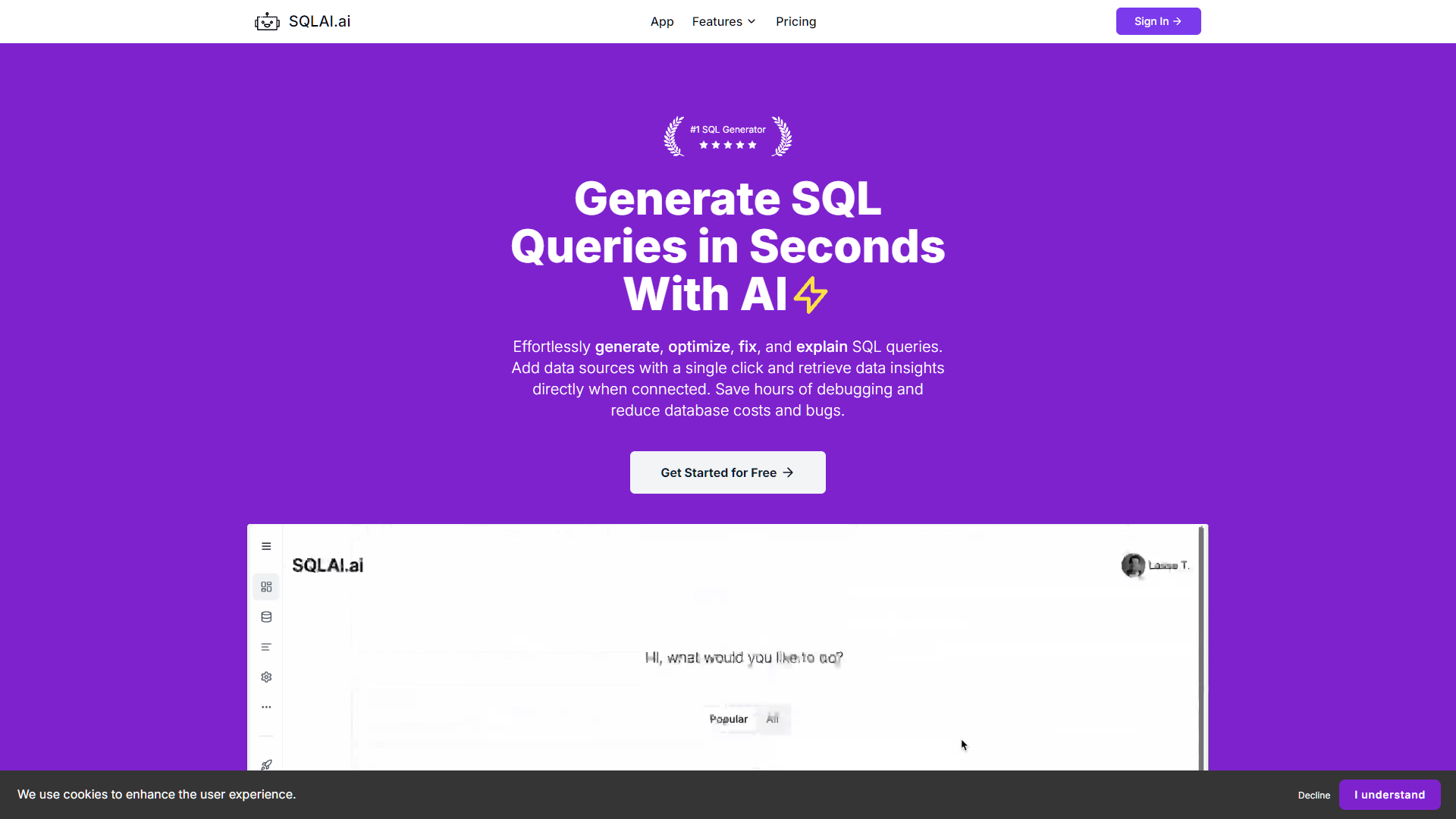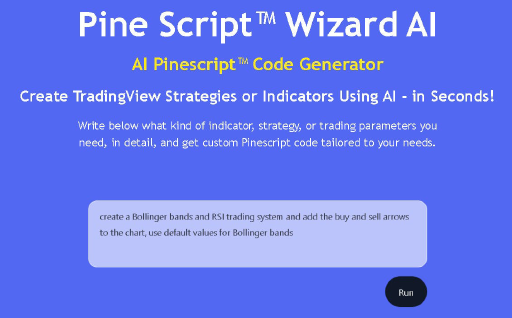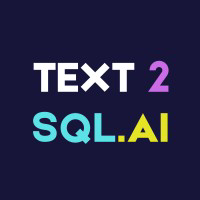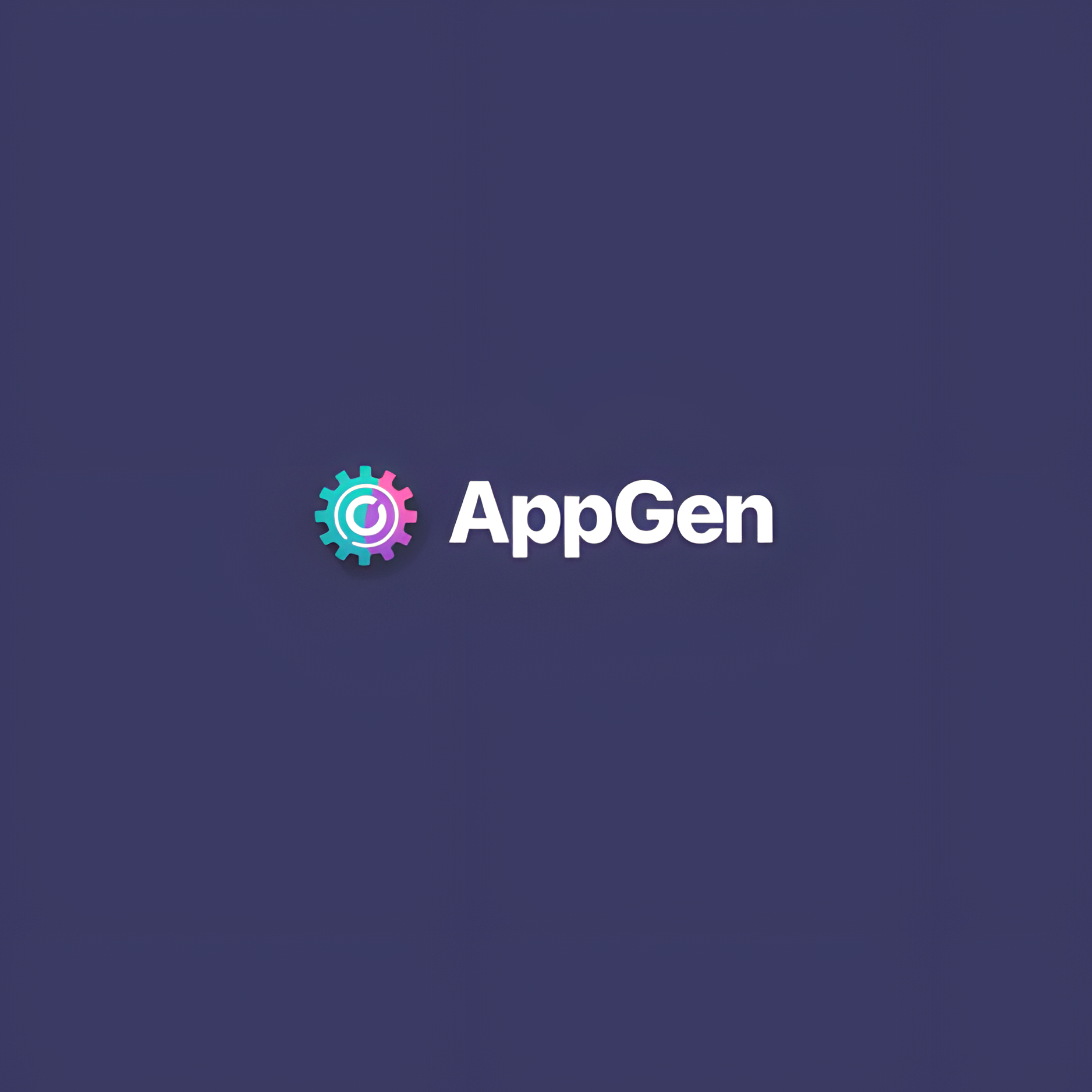Overview
SQLAI.ai is an innovative AI-powered tool designed to enhance the efficiency of SQL query management for developers, data analysts, and SQL learners alike. This platform simplifies the generation, optimization, and troubleshooting of SQL queries through advanced AI technology, notably using the GPT-4 model for high-quality, reliable outputs. Users can quickly create SQL queries by simply describing their data needs in natural language, making it accessible for beginners while speeding up the workflow for experienced professionals.
The tool supports direct execution of AI-generated SQL on various data sources, providing instant insights and allowing for rapid data-driven decision-making. SQLAI.ai's capabilities extend to offering smart recommendations for query optimization and detailed explanations for errors, helping users not only resolve issues but understand the underlying causes.
With features tailored to accommodate different levels of SQL expertise, SQLAI.ai is equipped with a user-friendly interface, multi-lingual support, and the ability to handle complex database schemas. It also includes functionalities for saving and sharing SQL snippets, enhancing collaboration among teams. Trusted by over 100,000 professionals globally, SQLAI.ai stands out as a comprehensive solution for improving database management and SQL query performance.
Key features
- AI-driven query generation: Automatically generates SQL queries using natural language inputs, making it accessible for beginners and efficient for experts.
- Query optimization recommendations: Provides AI-based suggestions to optimize SQL queries for better performance and efficiency in database management.
- Error fixing and explanations: Identifies errors in SQL queries, offers fixes, and explains the reasons behind the errors to facilitate learning and understanding.
- Direct data source execution: Allows users to run AI-generated SQL queries directly on connected data sources, enabling immediate data insights and analysis.
- Customizable support for data sources: Supports a variety of custom data sources, enhancing flexibility and usability across different database management systems.
- Multi-lingual capabilities: Accommodates users from different linguistic backgrounds, making the platform accessible globally by supporting multiple languages.
 Pros
Pros
- Real-time collaboration: Enables multiple users to work on and edit SQL queries simultaneously, fostering teamwork and improving productivity in real-time scenarios.
- Version control integration: Integrates with version control systems to track changes in SQL scripts, ensuring better management and rollback capabilities for database projects.
- Interactive learning modules: Offers interactive tutorials and challenges that help users learn SQL and database management progressively, enhancing skill development.
- Advanced analytics visualization: Provides powerful tools for visualizing query results, allowing users to create dynamic charts and reports directly from their SQL data.
- Security and compliance tools: Ensures that SQL query operations adhere to security standards and compliance regulations, protecting sensitive data and reducing risk.
 Cons
Cons
- Dependency on connectivity: Requires constant internet connection to access AI features and execute queries, limiting offline usability.
- Learning curve for features: Despite AI assistance, the range of features can overwhelm new users, requiring time to fully utilize the tool's capabilities.
- Potential for data privacy issues: Running queries directly on live data sources may raise concerns about data security and privacy management.
- Limited error context: While it identifies and explains errors, the tool might not always provide deep insights into complex query logic issues.
- Resource intensity: AI-driven features and direct execution on data sources can be resource-intensive, potentially straining older or less capable systems.

















